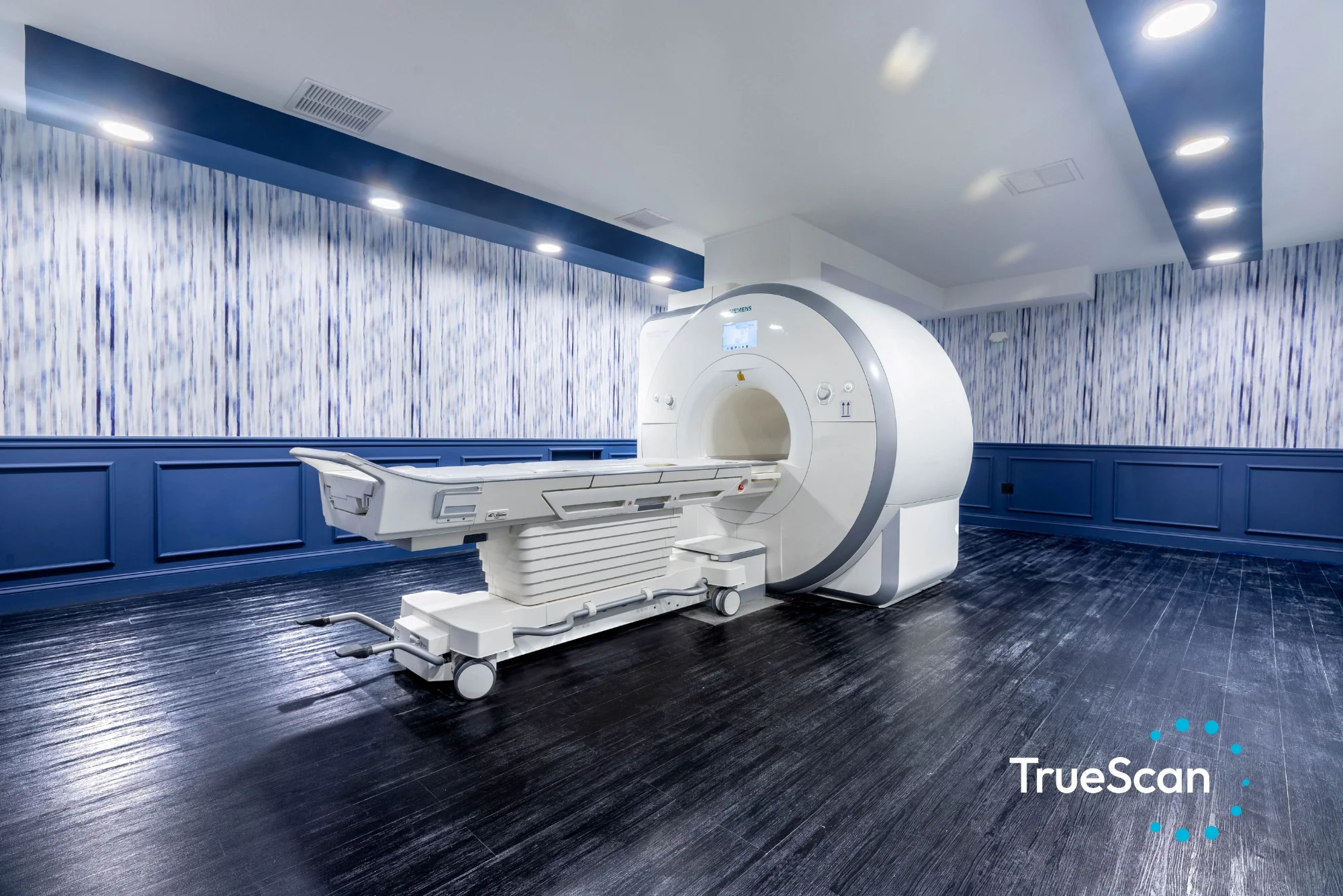
Understanding Medicine 3.0
Welcome to our Summer Blog Series, where we explore the Medicine 3.0 movement in three parts. In Part I, we delve into a change in mindset from identifying medical problems as they arise and fixing them as best we can to looking at individual risks and heading them off before they become a problem.
At Griffin Concierge Medical, we believe knowledge is power, and our physicians take a prevention-focused approach to optimize your health. We are committed to providing you with the highest level of care through a highly individualized experience.
Diagnosis and Treatment: Today’s Era
In the United States, there has typically been less of a focus on preventive medicine, which is often not reimbursable by insurance companies, and more on the concept of sick care. Our healthcare system is designed around treating conditions and diseases when they present themselves, and physicians are reimbursed for taking care of patients who are sick.
This usually comes in the form of the disease categories that will affect most of us: heart disease, which is the #1 killer; cancers; neurogenerative diseases, such as Alzheimer’s and Parkinsons; and metabolic diseases, like diabetes.
This is today’s era of Medicine 2.0.

Prevention Focused and Earlier Than You Think!
Medicine 3.0 requires a shift in mindset. It emphasizes prevention over treatment and focuses on quality of life — healthspan over lifespan. It is extremely personal, with each individual on their own health journey. It is collaborative, where patients share in the decision making with their providers when it comes to decisions about their own healthcare. And it starts with small, sustainable lifestyle changes.
“The Medicine 3.0 movement is about prevention and empowerment—recognizing disease states well before they present themselves later in life,” states Radley Griffin, M.D., founder of Griffin Concierge Medical.
And it’s never too early to start. Embracing this approach can start anytime—teens, 20s, 30s, the earlier the better. “By the time we mature fully, the decline starts. The recognition of what diseases could eventually be a part of our life starts immediately,” Dr. Griffin says.
With new technologies and advancements in treatments happening day in and out, it’s becoming more important to identify early signs of disease so that there is time to make changes and ward off the inevitable.
“To make this shift to where we have a completely preventive society is going to take some time, and it starts somewhere,” states Dr. Griffin. “It’s about getting patients to ask, how do I prevent that from happening?”

Risk Assessment and Individualized Care
Recognizing diseases that are most likely to impact us is entirely individualized. In the Medicine 3.0 movement, it’s using a series of baseline tests to see what disease categories each individual falls in, and also taking a look into family history of disease and diving into genetics to get an idea of which genes have already been linked with certain diseases.
At Griffin Concierge Medical, we have developed pathways by which we can start recognizing diseases earlier in patients—before they become a problem. “When patients join our practice, we start with a robust baseline assessment,” explains Dr. Griffin. “We are constantly evaluating our baseline panel to include labs to help identify things we’re curious about—disease, inflammation, hormone levels, cholesterol, genetics.”
These comprehensive lab panels allow us to take a deep dive into an individual’s health, so we know where they stand with their risk. Our physicians sit down with each of our members and go through all the results, taking the time to explain what they’re looking at, what they think is important to point out, and making sure to bring the patient into the discussion. Routine screening is also a part of GCM’s protocol. A CCTA scan helps us diagnose cardiovascular disease, and AI-assisted technologies can analyze plaque and inflammation within arteries. Looking at body composition, bone density, and markers for cancer can help us gain a better idea of someone’s overall health.
“Our members partner with us because we have this mindset of helping them be here in the healthiest way possible. We want them to live long, but we want them to live well at the same time,” says Dr. Griffin. “That’s where prevention plays in—it’s not all about just preventing death, it’s also preventing potential problems that are going to cause pain and suffering someday down the road.”
Long-term Navigation, not Short-term Fixes
The concept of Medicine 3.0 also encompasses combining healthy living with medications to help prevent disease. This entails lifestyle recommendations based on current health data (which is always changing) and medical therapies and supplements, tailored towards each individual to help lessen the risk for the disease(s) each person is most likely to develop.
“The point is to know what is coming, and once identified, to talk about what we can do about it,” says Dr. Griffin. “We’re planning now so that we don’t freak out later.”
That is what empowerment is about: teaming up with a group of professionals who have the same prevention-focused mindset, identifying risks, identifying early signs of disease, and then trying to make changes in one’s life to mitigate these risks.
“We truly feel the world is a better place with our patients here,” Dr. Griffin emphasizes. “And we want you here in the healthiest way you can be.”
Dr. Griffin — A Personal Story
Dr. Griffin not only uses the Medicine 3.0 approach with his patients, he also—as a patient himself—embraces the ideology. He has a strong family history of heart disease and elevated cholesterol. His grandfather passed away in his early 60s from myocardial infarction (heart attack). Lipoprotein (a), a specific type of plaque-promoting cholesterol runs in his family, which accelerates the risk for heart disease.
To be proactive about his health, Dr. Griffin partnered with his physician to gain a better understanding of his individual risks and to take steps now to help prevent disease. Through bloodwork, high quantities of lipoprotein (a) were identified in Dr. Griffin’s bloodstream. A CCTA scan and AI-assisted plaque analysis identified inflammation in his arteries.
“That really got my attention,” he says. “I eat well, I exercise, I try not to eat too much of what I consider bad things. I really try to limit sugar in my life. I limit alcohol in my life. But to see these risk factors on the screen got my attention.”
With this knowledge, Dr. Griffin is combining lifestyle changes (such as getting enough sleep, stress control, and healthy eating habits) with medications focused on the specific diseases likely to affect him as an individual. It’s about identifying the greatest risk and addressing it the best he can.
“I have a lot more things I want to accomplish, so I’m trying to stick around,” he says. This is the point of Medicine 3.0—to know what is coming, and once identified, talking about what we can do.
Continuing the Medicine 3.0 Conversation
In Parts II and III of our Summer Blog Series, we’ll take a closer look at the innovations and technologies Griffin Concierge Medical incorporates in your medical care and share preventative strategies to help you reach your health goals.
In the meantime, don’t hesitate to contact us to schedule an appointment with your physician to go through your health history and baseline assessment to help you start focusing on prevention.




